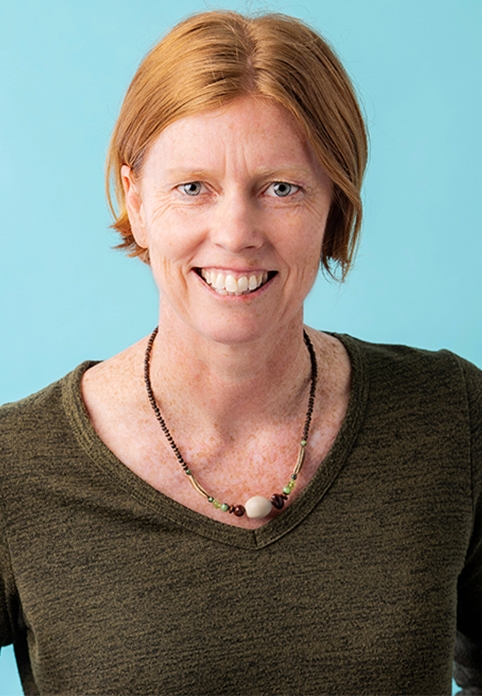This site may not work properly using older versions of Edge and Internet Explorer. You should upgrade your browser to the latest Chrome, Firefox, Edge, Safari, or any other modern browser of your choice. Click here for more information.
Your Stories
This is where we tell your stories, cover topical issues and promote meaningful initiatives.
Critical Conversations - Free online course
A new, free, interactive online course called ‘Critical Conversations’ is available on the CRANAplus website. It prepares the workforce to navigate conversations with people who need support, recognise when extra help is needed, and familiarise with key points when discussing self-harm or suicide.
I clearly remember, very early on in my career as a remote health worker, a time when I was sitting at the airport waiting to fly out of a community. I was yarning with a colleague who I hadn’t known for long. I soon realised that they weren’t travelling well and I needed to check-in with them and offer my support.
I remember thinking “Oh no! They need someone to talk to. I hope I don’t stuff this up!”
As the years have gone by, I’ve realised that although I might feel a little anxious, the most important thing I can do is to reach out, to have empathy and to listen well.
As health workers in rural and remote communities we are on the frontline of supporting individuals in the community. Whether at work or off duty, we are in a position of trust. However, health workers may not feel confident in talking with individuals who may need help or are experiencing emotional distress.
As a result, the CRANAplus Mental Health and Wellbeing Service has developed Critical Conversations, a new, free online course for rural and remote health workers. This course has been designed to build health workers skills in communicating with individuals who may need help, are in emotional distress or you are worried about.
We hope it will increase workers’ confidence in having these critical conversations and knowing when to seek additional help and support for community members, members of your family and colleagues.
Why would rural and remote health professionals want to do this course?
We are all affected by personal distress at some point in our lives. Each year, one in five remote and rural Australians will experience a mental health disorder¹. Suicide is the leading cause of death for Australians between the ages of 15 and 44 years, with people in remote areas being two times more likely to die by suicide.
These facts can be confronting; however, suicide can be prevented. Evidence indicates that having these conversations can make a real difference in improving someone’s wellbeing and saving someone’s life².
Health professionals are one of the most trusted professions, so it is common that patients will disclose issues regarding their own or their loved one’s distress and mental health. Therefore, health workers can play a vital role in supporting someone in distress.
They are also in a position where they interact significantly with the community – and can role model healthy conversations with other people. It can be daunting to many health workers as they may not feel they have the skills and training in mental health. This course is designed to build confidence and develop the basic skills to recognise if someone may be struggling, initiate a conversation, listen and provide support, and encourage action.
What’s involved in the course?
This free, interactive online course has been designed by remote mental health professionals specifically for the rural and remote health workforce. It guides learners through a 4‑step approach for having a successful conversation and is packed full of practical strategies and real-life scenarios.
The course aims to provide participants with the skills and confidence to:
- Be prepared and respond when someone approaches you to have a conversation, or you are concerned about someone
- Increase confidence and skills to have a successful conversation
- Know when extra help is needed
- Be familiar with key points in regard to discussing self-harm or suicide
- Know where people can access help and resources nationally
Access the Critical Conversations course or for more information contact wellbeing@crana.org.au

